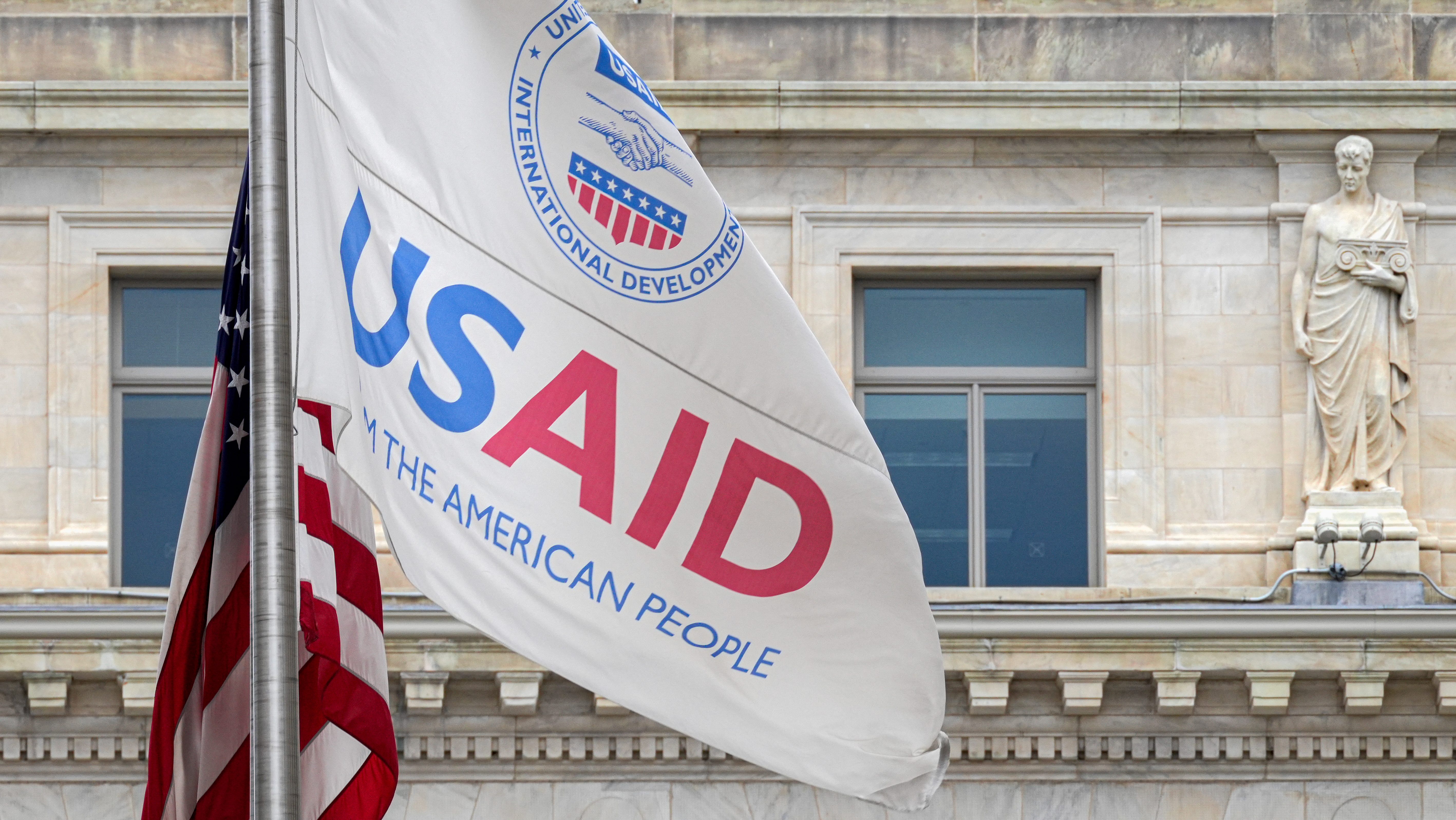The FDA gave Pfizer-BioNTech’s two-dose coronavirus vaccine full approval on Monday for all Americans over the age of 16. The vaccine, which will now be marketed as Comirnaty, is the first COVID-19 vaccine to receive full approval by the agency.
Now that Pfizer’s COVID-19 vaccine has gotten full FDA approval, how close is Moderna’s vaccine to the same sign-off?
Here's what we know so far.
A look at the latest guidance from the FDA
The Food and Drug Administration on Monday granted Pfizer and BioNTech full U.S. approval of their COVID-19 vaccine – becoming the first in the U.S. to win the coveted designation.
Get top local stories in San Diego delivered to you every morning. Sign up for NBC San Diego's News Headlines newsletter.
Up until now, Pfizer's mRNA vaccine was on the U.S. market under an Emergency Use Authorization, which was granted by the FDA in December.
The companies submitted a Biologics License Application to the FDA on May 7 for patients age 16 and up. That application was approved Monday.
“The FDA’s approval of this vaccine is a milestone as we continue to battle the COVID-19 pandemic. While this and other vaccines have met the FDA’s rigorous, scientific standards for emergency use authorization, as the first FDA-approved COVID-19 vaccine, the public can be very confident that this vaccine meets the high standards for safety, effectiveness, and manufacturing quality the FDA requires of an approved product,” Acting FDA Commissioner Dr. Janet Woodcock said in a statement.
U.S. & World
What about the Moderna vaccine?
Moderna's two-shot and Johnson & Johnson's single-shot vaccines continue to be available under an emergency use authorization.
Moderna announced in June that it had begun a “rolling submission” to the FDA of data from its studies of the two-dose mRNA vaccine.
“We are pleased to announce this important step in the U.S. regulatory process for a Biologics License Application (BLA) of our COVID-19 vaccine,” Moderna CEO Stephane Bancel said in a press release at the time. “We look forward to working with the FDA and will continue to submit data from our Phase 3 study and complete the rolling submission.”
That came about one month after Pfizer's submission, which means full approval of its vaccine could still be weeks away.
Large-scale studies of the shots continued after Moderna’s emergency authorization. The FDA will scrutinize the information to see if the vaccine meets stringent criteria for full licensure.
What about those under the age of 16?
The vaccine is also still available under emergency use authorization (EUA) for younger people ages 12 through 15 and for a third booster dose in those with compromised immune systems, the FDA said.
While Pfizer is currently the only vaccine to be fully approved, it is also the only vaccine authorized for emergency use in adolescents between the ages of 12 and 17, though Moderna also filed for such approval earlier this year.
Emergency use authorization allows a vaccine to become available prior to full approval in the case of public health emergencies. The FDA can revoke the EUA at any time.
"The vaccines met FDA’s rigorous scientific standards for safety, effectiveness, and manufacturing quality needed to support emergency use authorization," the Centers for Disease Control and Prevention states on its website.
What is required to get full FDA approval?
Standard vaccine reviews generally take several months to a year or more to determine whether they are safe and effective for use in the general public.
FDA approval of a drug, which requires a rigorous and structured process, means that data on the drug’s effects have been reviewed by the Center for Drug Evaluation and Research, which rules on whether the drug's provided benefits "outweigh its known and potential risks for the intended population," according to the agency's website.
Before granting full approval, FDA scientists must painstakingly look through the companies' clinical trial data, including for any discrepancies or safety concerns, said Dr. Paul Offit, a voting member of the agency's Vaccines and Related Biological Products Advisory Committee.
What can happen once a vaccine is approved?
U.S. approval is likely to spur a new wave of vaccine mandates from corporate America. Major companies already told some or all of their employees that they must get fully vaccinated against COVID this fall. Still, some private businesses may have felt hesitant about requiring the shots, before full approval.
Full approval is also very beneficial to companies that submit an application, former FDA Commissioner Dr. Robert Califf said in a phone interview in May.
With it, Pfizer and BioNTech are now able to market the shots directly to U.S. consumers. Companies can't promote their products under an EUA.
"Once it has the full approval, you may start seeing more advertisements with direct marketing," Arwady said.
It also allows the shot to stay on the market once the pandemic is over and the U.S. is no longer considered in an "emergency."
Pfizer and BioNTech have said they expect to generate billions from the vaccine. Under full approval, the companies could also decide to charge more for the vaccines, health experts say.



